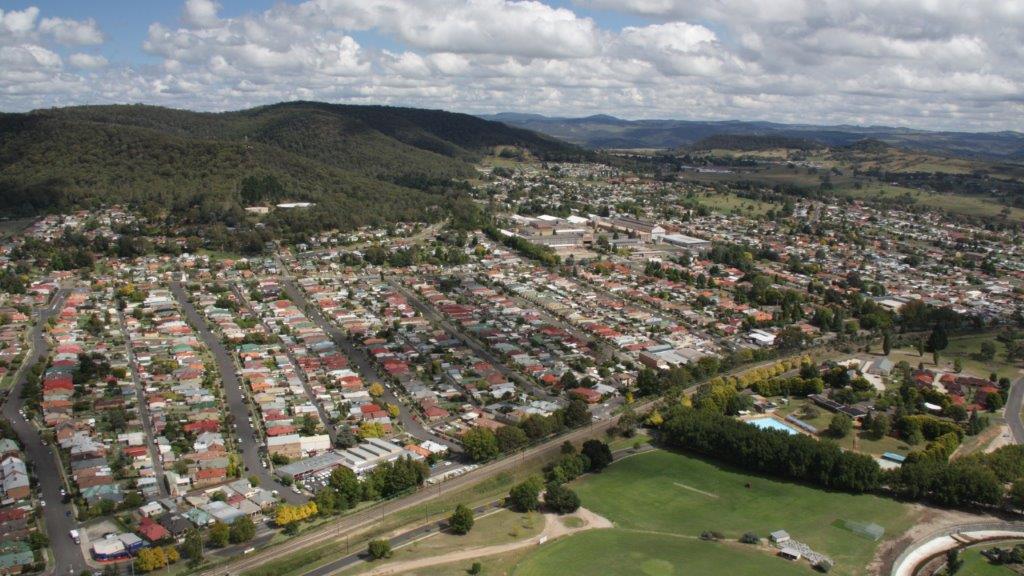The University of New England (UNE) is helping the NSW Department of Planning and Environment (DPE) conserve the state’s koala populations through a collaborative project to predict where koalas will be living in the future, and what their habitats will look like as a result of climate change.
UNE Associate Professor Bradley Evans is leading the Koalas in the Landscape project and says it will help identify key actions to ensure the landscape can accommodate future populations.
“By better understanding current populations and the future koala landscape capacity, governments and policy makers will be better informed to plan and determine future investments,” says A/Prof Evans, who has extensive experience in climate and ecosystem modelling, and remote sensing of Australia’s landscapes.
“For example, it will indicate what actions should be taken, such as planting shelter and shade trees in areas prone to extreme heat, or identifying certain tree species that will better suit the needs of koalas in decades to come.”
Koalas in the Landscape builds on existing projects that map and model koala corridors in coastal and inland landscapes.
This new phase of research will use the same approach to create a final map that will help guide the NSW Koala Strategy moving forward.
“The modelling uses vegetation, terrain, connectivity between vegetation, field observations and techniques which essentially predict the likelihood of where koalas will be, given what we know about koala behaviour,” says A/Prof Evans.
UNE Professor of Wildlife Ecology and Conservation Biology, Karl Vernes, will support A/Prof Evans by providing expertise in koala ecology and conservation.
Prof Vernes says creating habitats that consider changing climatic conditions is critical to protecting the endangered species.
“We saw the damage that was done to koala habitats during the 2019/20 summer bushfires, and with extreme weather events and natural disasters predicted to continue happening more frequently, we need to ensure we have an informed plan in place to protect and cater for our native wildlife. This project will ensure we can do this.”
Work on the project is currently underway, and is set to be complete in 2024.








